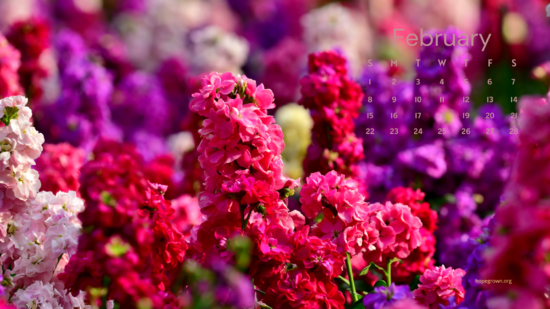American Indians were early practitioners of herbal medicine, and cannabis found its place among the array of medicinal plants used by tribes across the continent.
In the intricate tapestry of American history, the relationship between Native American tribes and the cannabis plant is a story rich in tradition, spirituality, and healing.
As the pendulum of cannabis legalization swings across the nation, it's crucial to delve into the historical context of how various indigenous communities, collectively referred to as American Indians, have interacted with this versatile plant throughout the centuries.
A Tapestry Woven in Time
Long before the term "cannabis" echoed through legislative halls, various tribes across North America were intimately acquainted with the plant's diverse properties.
Archaeological evidence suggests that indigenous peoples were cultivating and utilizing cannabis for medicinal, spiritual, and practical purposes long before European contact.
Spiritual and Ceremonial Significance
Cannabis held profound spiritual significance for many Native American tribes. Its ceremonial use was woven into sacred rituals, serving as a conduit between the earthly and spiritual realms.
The plant's ability to alter perception was often harnessed to enhance introspection and commune with the divine during ceremonies. This practice persists in some indigenous communities to this day.
Medicinal Wisdom Passed Down Through Generations
American Indians were early practitioners of herbal medicine, and cannabis found its place among the array of medicinal plants used by tribes across the continent.
From treating pain and inflammation to addressing spiritual maladies, cannabis was a versatile tool in the hands of indigenous healers.
The deep knowledge of medicinal plants, including cannabis, was passed down through generations, forming an integral part of traditional healing practices.
Cultural Suppression and the Shadow of Prohibition
With the arrival of European settlers, the intricate tapestry of indigenous cannabis use faced threats of unraveling.
The imposition of Western values and legal structures, coupled with the demonization of cannabis during the early 20th century, cast a shadow over traditional Native American practices.
Cannabis, once a revered and integral part of cultural and medicinal rituals, became stigmatized and driven underground.
A Contemporary Resurgence
As the tides of cannabis legalization and cultural recognition continue to shift, there is a growing acknowledgment of the historical relationship between American Indians and the cannabis plant.
Some tribes are actively reclaiming their right to cultivate and use cannabis for medicinal and ceremonial purposes. This resurgence aligns with a broader movement toward restoring tribal sovereignty and cultural autonomy.
Navigating a Path Forward
The reintegration of cannabis into Native American cultures raises essential questions about cultural appropriation, respect for traditions, and the delicate balance between cultural revival and contemporary challenges.
Many tribes are navigating this path with care, seeking to honor their heritage while adapting to the realities of the 21st century.
The history of American Indians and cannabis is a tapestry woven with threads of spirituality, healing, and resilience. As the legal landscape around cannabis continues to evolve, it is essential to recognize and respect the historical roots of indigenous relationships with the plant.
The journey towards a harmonious coexistence between traditional practices and contemporary realities is ongoing, offering an opportunity for education, dialogue, and cultural understanding.
In this intersection of history and modernity, American Indians are carving out a space for their ancestral knowledge to thrive once more, recognizing cannabis not only as a plant but as a powerful cultural ally.




